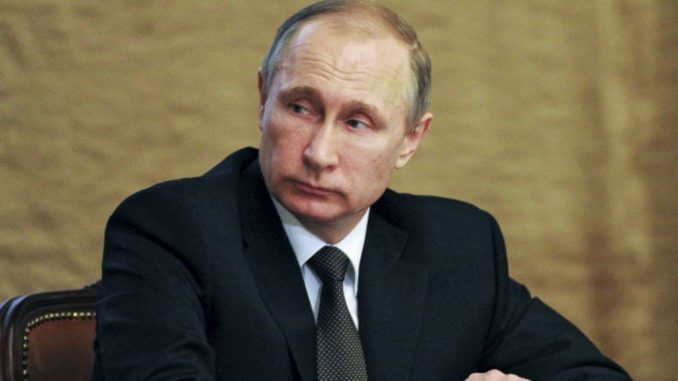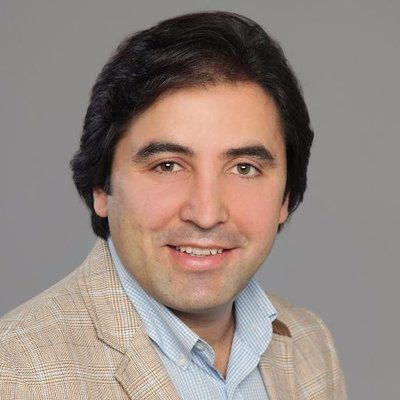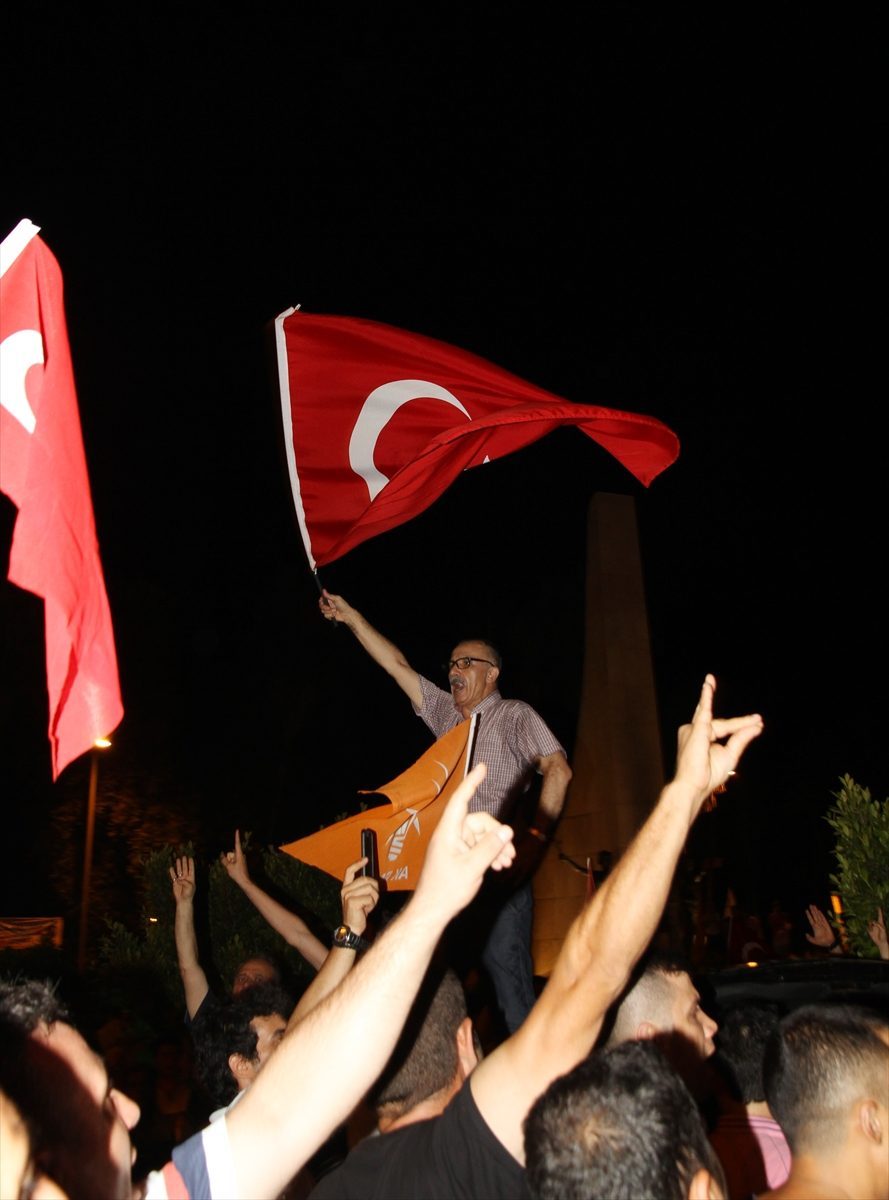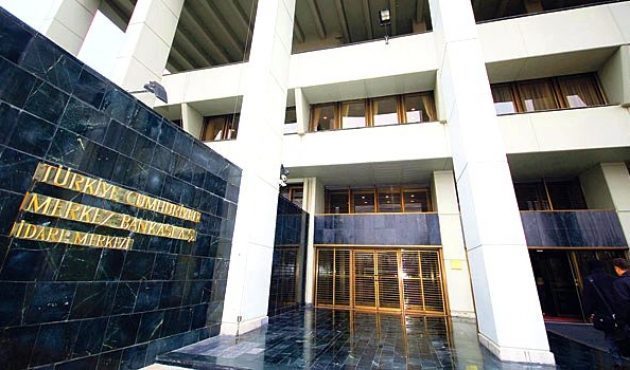
Russian President Vladimir Putin said that that Syrian opposition groups and the Syrian government had signed a number of documents including a ceasefire deal starting at midnight on Thursday, with Russia and Turkey to act as guarantors.
Many ceasefire agreements accompanied by peace talks meetings were organized to help find a solution to the crisis, but Assad regime and Iranian forces breached every ceasefire and hindered every peace talks meeting without any pressure moves or real steps from the western powers.
The recent months especially witnessed numerous meetings between the US and Russian foreign ministers to find a solution to the Syria crisis, end the violence and start new peace talks but they led to nothing.
in the end, Russia said it has a new plan for Syria peace talks which can be achieved with powers that have a real effect on the Syrian ground.
Russia and Iran both back Assad, but Turkey, a NATO member, has long made clear it would prefer him to step down. Ankara has however sought to fix its relation with Russia in recent months after the coup attempt as the west abandoned its relations with Turkey.
The three countries said they were ready to help broker a Syria peace deal after the three countries held talks in Moscow on Tuesday and adopted a new declaration.
This new relation included Turkey’s moderation of its rhetoric on Assad, changing the goal of its military operation in Syria, decreasing its support for the armed Syrian opposition, and playing a major role in bringing the Syrian opposition to one table with Assad through the newly made agreement as the new agreement shows.
Moscow has said they would take place in Kazakhstan.
A nation-wide ceasefire agreed
“We have just received news that a few hours ago the event we have all been waiting for and working towards has happened,” Putin said during a televised meeting with Russia’s foreign minister, Sergei Lavrov, and its defence minister, Sergei Shoigu.
Putin said that three documents which open the way for solving the Syria crisis were signed earlier on Thursday.
The documents include a ceasefire agreement between the Syrian government and the opposition, measures to monitor the ceasefire deal and a statement on the readiness to start peace talks to settle the Syrian crisis, Putin said.
He said the truce would begin at midnight on Thursday (22:00 GMT) and be followed by peace talks between Syrian President Bashar al-Assad’s government and the Syrian opposition in the Kazakh capital Astana.
“The agreements reached are, no doubt, very fragile and they demand special attention and follow-up in order to keep them and develop them. Nevertheless, this is a notable result of our joint work, efforts by the defence and foreign ministries, our partners in the regions,” Putin said.
“Now we need to do everything for these agreements to work, so that negotiators would come to Astana and would begin to work on real peace process. I call on the Syrian government, armed opposition, all countries involved to support these agreements.”
Putin’s announcement of the agreement shows the extent of influence he has over the Syrian crisis, after his intervention saved the Assad regime from being overthrown in 2015, and as his trops have now the strongest presence in the Syrian land.
The Turkish foreign ministry confirmed the agreement and called on countries with influence on groups fighting in the country to provide the necessary support for the ceasefire to last.
“Russia and Turkey strongly support the truce and will monitor it together,” the ministry said.
“With this agreement, parties have agreed to cease all armed attacks, including aerial, and have promised not to expand the areas they control against each other,” the Turkish foreign ministry said.
Nusra and ISIS execluded
Putin’s announcement followed a statement carried by the Assad regime that said the ceasefire came after the “successes achieved by the armed forces”, an apparent reference to the capture of rebel-held neighborhoods of Aleppo this month.
Syrian state news agency SANA said the agreement excluded the Islamic State group, Jabhat Fateh al-Sham, the group formerly known as al-Nusra Front, and “groups linked to them”, without specifying who these groups are.
Sergei Shoigu, Russia’s defence minister, said the truce would include 62,000 opposition fighters across Syria.
However, this announcement will open the door to many complications that threaten to undermine the deal.
Excluding Jabhat Fateh al-Sham could “create some problems” and “further undermine the ceasefire’s chances of holding,” an analyst said.
The group, he said, “has a presence in areas where moderate rebel groups are operating – around Aleppo, Idlib and on the outskirts of Damascus”.
“If the Russians and the Syrian government decide to target the positions of Nusra [Jabhat Fateh al-Sham], the potential for casualties among other groups is going to be high”.
Also, the details of the agreement remained hazy, according to Al Jazeera, as it was unclear which opposition groups had been involved in the negotiating process.
“Just a day ago the negotiating arm of the largest group of rebels fighting under the banner of the Free Syrian Army said they had yet to be in contact with anyone and had not been invited to participate in talks.”
The Syrian crisis began as a peaceful demonstration against the injustice in Syria. Assad regime used to fire power and violence against the civilians and led to armed resistance. 450.000 Syrians lost their lives in the past five years according to UN estimates, and more than 12 million have lost their homes.



